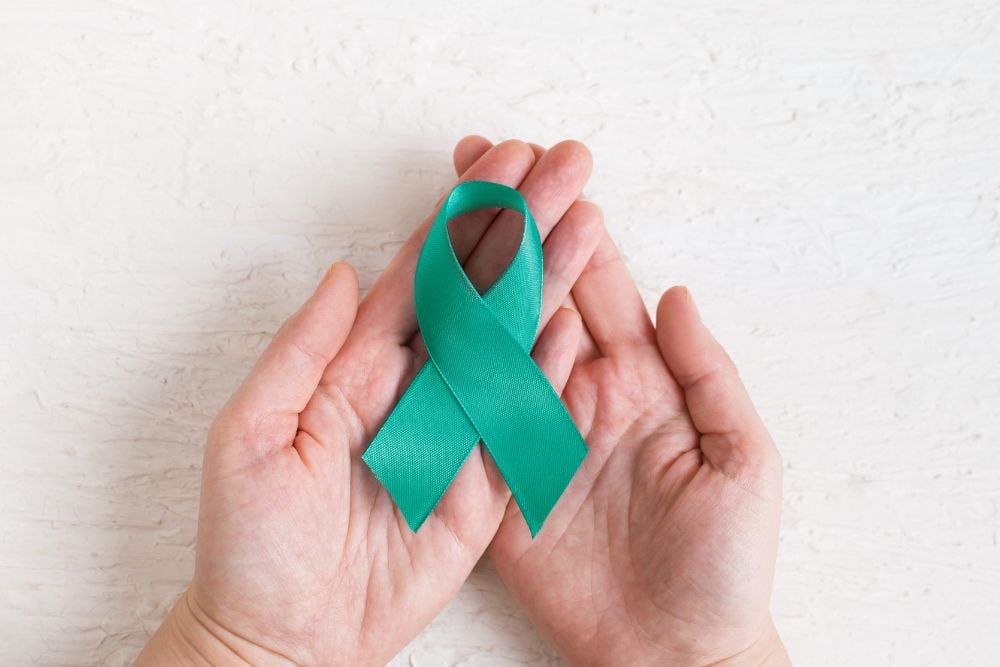Myths and Misconceptions About PCOS: Debunking Common Beliefs

Polycystic ovarian syndrome (PCOS) is a hormonal condition that can affect women during their reproductive years. Symptoms include irregular menstrual cycles, unpredictable ovulation, ovarian cysts, and infertility. Despite its common occurrence, there are myths and misinformation surrounding PCOS that can lead to confusion about the condition. Debunking these myths can help ensure a proper diagnosis and treatment for PCOS-related infertility.
1. Myth: Women with PCOS Can’t Get Pregnant
Some women with PCOS may experience difficulty getting pregnant, but it’s still possible for them to conceive. With certain lifestyle changes, many women with PCOS can conceive naturally. Additionally, there are fertility treatments available to help individuals with PCOS get pregnant, such as intrauterine insemination (IUI) and in vitro fertilization (IVF). Donor eggs and gestational surrogacy are also suitable options.
2. Myth: Poor Lifestyle Choices Causes PCOS
The exact cause of PCOS is not fully understood. However, research shows that there is a correlation between PCOS and genetic or chemical changes in the uterus. While poor lifestyle choices don't cause PCOS, making lifestyle modifications can help reduce the severity of PCOS symptoms, including infertility.
3. Myth: Infertility Is the Only Health Concern Related to PCOS
In addition to infertility, hormonal imbalances related to PCOS can lead to other health issues such as insulin resistance, weight management challenges, hair loss, abnormal hair growth, and acne. Additionally, individuals with PCOS have an increased risk of developing serious chronic conditions like diabetes, high blood pressure, and cardiovascular problems.
4. Myth: Birth Control Is a PCOS Cure
As of now, there is no cure for PCOS. However, patients with PCOS can live happy, healthy lives with appropriate medical care and support. Birth control isn’t a PCOS cure, but it can play a role in helping manage symptoms.
5. Myth: PCOS Always Causes Ovarian Cysts
While PCOS is named for ovarian cysts, not every individual with the condition will have them. Everybody is different, and it’s important to stay in regular communication with your healthcare provider and notify them of any changes in your symptoms.
Learn More About PCOS Family Planning
Understanding PCOS can be difficult, and dealing with infertility while having this condition can bring a mix of emotions. It’s important to get the facts about PCOS so that you and your fertility specialist can develop a treatment plan that effectively addresses your needs and goals for starting a family. Fertility Source Companies™ is among the largest egg donation and surrogacy agencies in the United States, and we offer the support and guidance you need to successfully grow your family. Contact us today for more information or to schedule an appointment.


